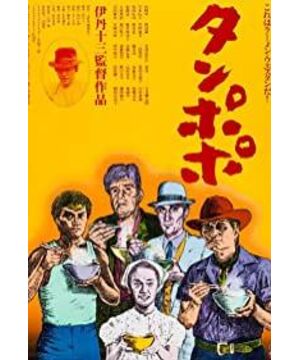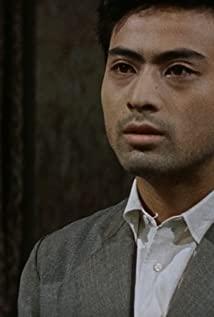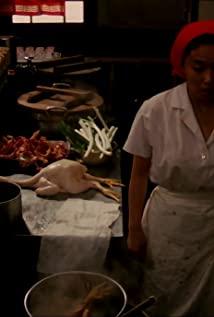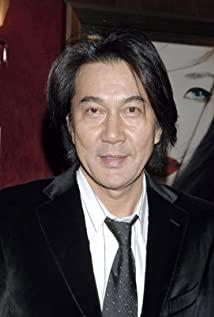At the beginning of the movie, there is a book in which an old man who has studied ramen for decades has a sacred affection for ramen. He looked at the ramen, as if he was looking at a rare treasure, and he looked at the expression on the three pieces of pork, as if the three pieces of pork were his first love. The plain food and plain pictures show a feeling of luxury. This is the moving part of this movie.
The Yakusho Koji in the movie is an imaginative man who makes the perfect combination of food and sex. The cream on the woman's plump breasts, the honey flowing on her belly, the lemon juice in her private parts, everything is full of extreme temptation of food and color, appetite and sexual desire are entangled, so the friendship becomes extraordinary. The scale of this film is also extremely bold in this segment, which must have been full of controversy in Japan more than 20 years ago.
A seriously ill housewife is dying, and she doesn't even have the strength to raise her eyes. The husband said, when he went to cook, he dragged his sick body to make the last supper for his family, and fell down happily as he watched the family gobbling down. The children in the family cried into a ball, but the sad father told them to continue to finish the meal, because this is the last meal my mother cooked, so we must finish it while it is hot. This is the most touching part of the movie. Eating, this action that a person has to repeat countless times in his life has extraordinary significance here.
The most special thing about the movie is these small fragments interspersed in the main line. What makes me happy is also the uniqueness of it. Although the main line is particularly exciting, Japanese-style inspirational movies are not uncommon. What is special in the movie is that the protagonist is not obsessed with something earth-shattering, but wants to make a bowl of ramen. It is also a luxury to discover the extraordinary in ordinary things.
View more about Tampopo reviews











